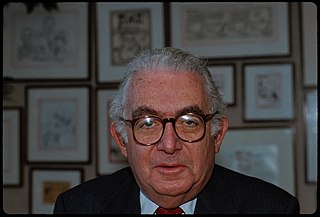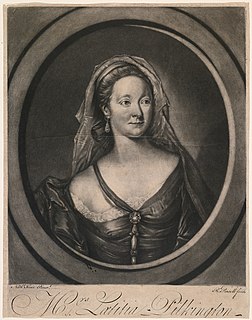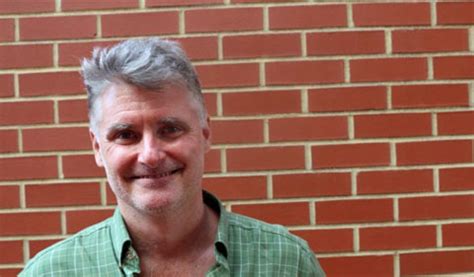A Quote by J. William Fulbright
When public men indulge themselves in abuse, when they deny others a fair trial, when they resort to innuendo and insinuation, to libel, scandal, and suspicion, then our democratic society is outraged, and democracy is baffled. It has no apparatus to deal with the boor, the liar, the lout, and the antidemocrat in general.
Related Quotes
We have a stewardship responsibility to keep ourselves healthy physically and emotionally. If we don't, we cannot carry out our obligations to God, to family, to our employer, or to others. With this in mind, we put limits on the extent to which we allow others to abuse us. Doing right will mean abuse part of the time; that goes with the turf. But inviting abuse or failing to deal with it is wrong.
In democratic ages men rarely sacrifice themselves for another, but they show a general compassion for all the human race. One never sees them inflict pointless suffering, and they are glad to relieve the sorrows of others when they can do so without much trouble to themselves. They are not disinterested, but they are gentle.
If we desire a society of peace, then we cannot achieve such a society through violence. If we desire a society without discrimination, then we must not discriminate against anyone in the process of building this society. If we desire a society that is democratic, then democracy must become a means as well as an end.
The creed of our democracy is that liberty is acquired and kept by men and women who are strong and self-reliant, and possessed of such wisdom as God gives mankind - men and women who are just, and understanding, and generous to others - men and women who are capable of disciplining themselves. For they are the rulers and they must rule themselves.
In the end, I'm convinced we will all benefit if suspicion is replaced by discussion, innuendo by dialogue; if the emphasis in our debate turns from a search for talismanic criteria and neat but simplistic answers to an honest - more intelligent - attempt at describing the role religion has in our public affairs, and the limits placed on that role.
Whether the mask is labeled fascism, democracy, or dictatorship of the proletariat, our great adversary remains the apparatus—the bureaucracy, the police, the military. Not the one facing us across the frontier of the battle lines, which is not so much our enemy as our brothers' enemy, but the one that calls itself our protector and makes us its slaves. No matter what the circumstances, the worst betrayal will always be to subordinate ourselves to this apparatus and to trample underfoot, in its service, all human values in ourselves and in others.
A democratic public forms when citizens gather together to deliberate and make public judgments about local and national issues that affect their lives. By associating together for public discussion, citizens learn the skills necessary for the health of a democratic public; listening persuading, arguing, compromising, and seeking common ground. When these skills are nurtured within the institutions of a democratic public, citizens educate themselves in order to make informed political decisions.
The best defence [for a democracy, for the public good] is aggressiveness, the aggressiveness of the involved citizen. We need to reassert that slow, time-consuming, inefficient, boring process that requires our involvement; it is called 'being a citizen.' The public good is not something that you can see. It is not static. It is a process. It is the process by which democratic civilizations build themselves.
All of those on the left, as I am, have always vastly preferred the democratic society over the hierarchical society and still do, but the democratic culture doesn't exist without highly informed citizens capable of thinking well, and if you have schools in which 40 percent of the people coming out of them cannot make change for a dollar, you don't have a democracy. You have a sibling society.
































